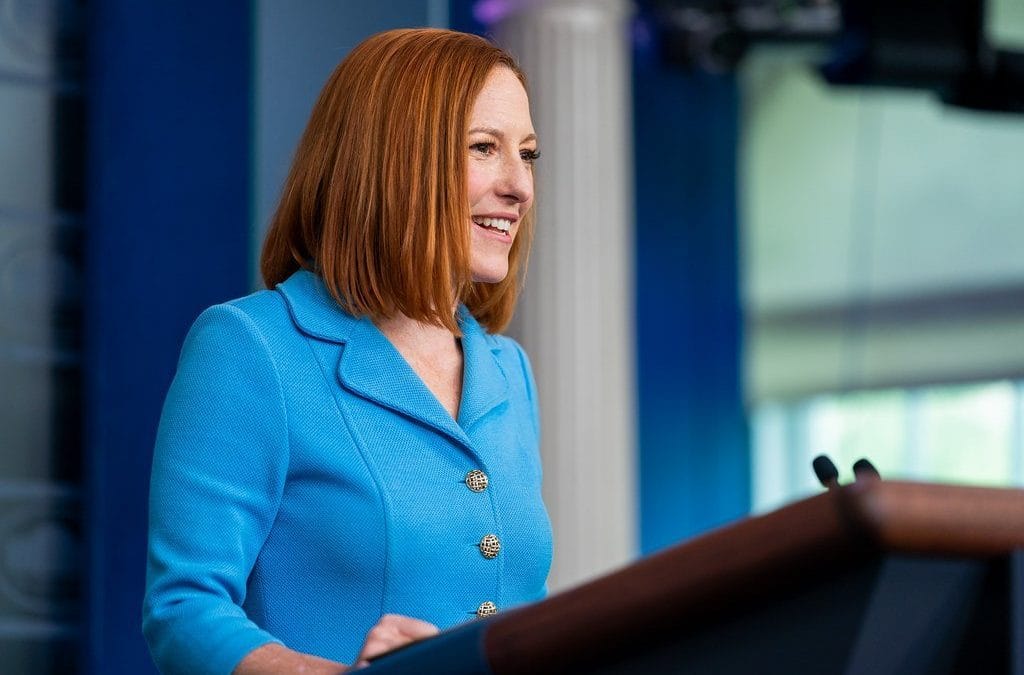Write Peikoff and Chayes on this issue in
Democrats Using Big Tech To Control ‘Misinformation’ Is Totalitarian (The Federalist):
Not so long ago, a “Ministry of Information” was an institution unique to socialist “utopias,” which required rigorous establishment and enforcement of official truth to maintain state power. As absurd as such an institution may have once seemed to us in the West, we are unfortunately seeing signs that it can indeed happen here.
The authors examine how the bill might work -- banning open discussion on "settled topics" and replacing it with "the party line", and concluding:
In times of fear and insecurity, the pull to appeal to authority might feel irresistible. But if we keep our wits about us, we will recall that we in the West have largely resisted this fallacious approach, both in science and politics, since the time the Catholic Church censored Galileo. (As if Socrates being forced to drink hemlock wasn’t enough!)Are we now ready to feign amnesia once again and to obediently accept a truth proclaimed from the top down? Or is intense debate and controversy — ah, those uncomfortable disagreements that we experience in abundance in a pluralist society — an integral component of the scientific mindset, and approach which has brought us unprecedented wellbeing?[...]Government officials telling private companies to censor disfavored viewpoints on vital issues is the stuff of totalitarian regimes, not of a free country built on the homage of reason.
The
entire article is required reading.The recently proposed “
Health Misinformation Act" can serve as a stepping stone for a total "Misinformation Act" once the
principle is accepted that it is the government's job to determine the "official truth."It must be opposed
on principle.
There is no “no-man’s land” between opposite principles, no “middle of the road” which is untouched by either or shaped equally by both. The fact is that man cannot escape the rule of some kind of principles; as a conceptual being, he cannot act without the guidance of some fundamental integrations. And just as, in economics, bad money drives out good, so, in morality, bad principles drive out good. To try to combine a rational principle with its antithesis is to eliminate the rational as your guide and establish the irrational. If, like Faust, you try to make a deal with the devil, then you lose to him completely. “In any compromise between food and poison,” Ayn Rand observes, “it is only death that can win. In any compromise between good and evil, it is only evil that can profit.” [Leonard Peikoff, Why Should One Act on Principle?]

